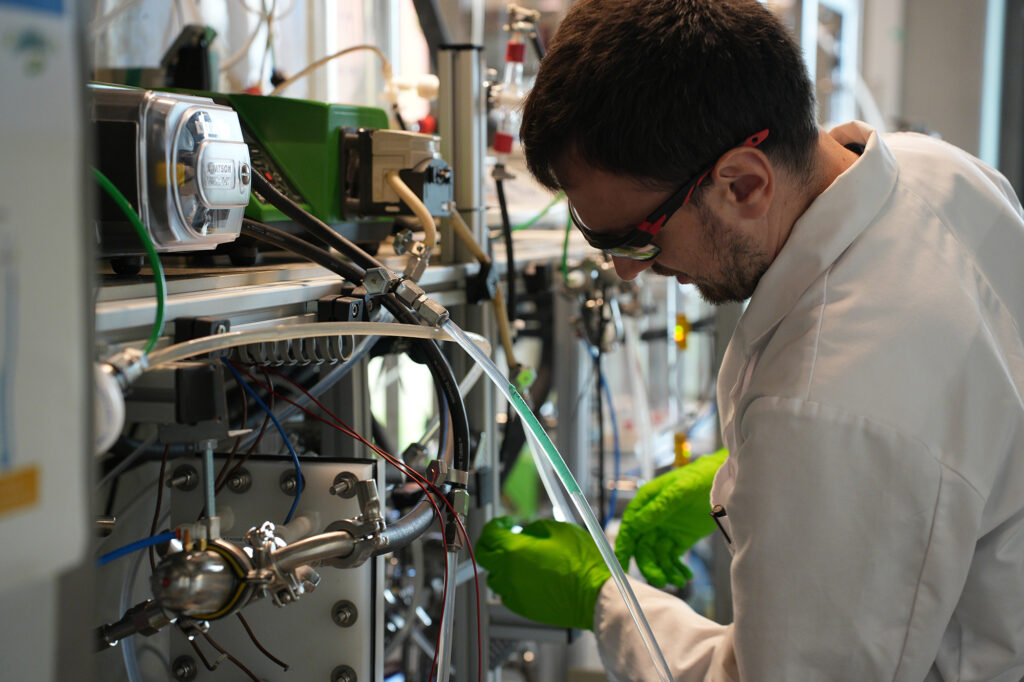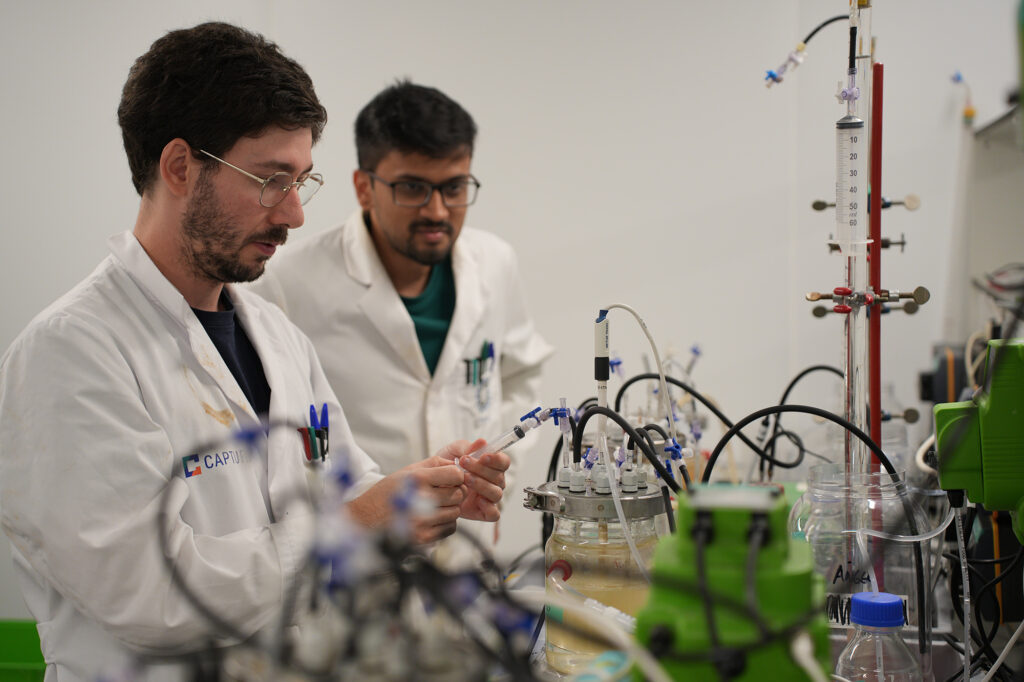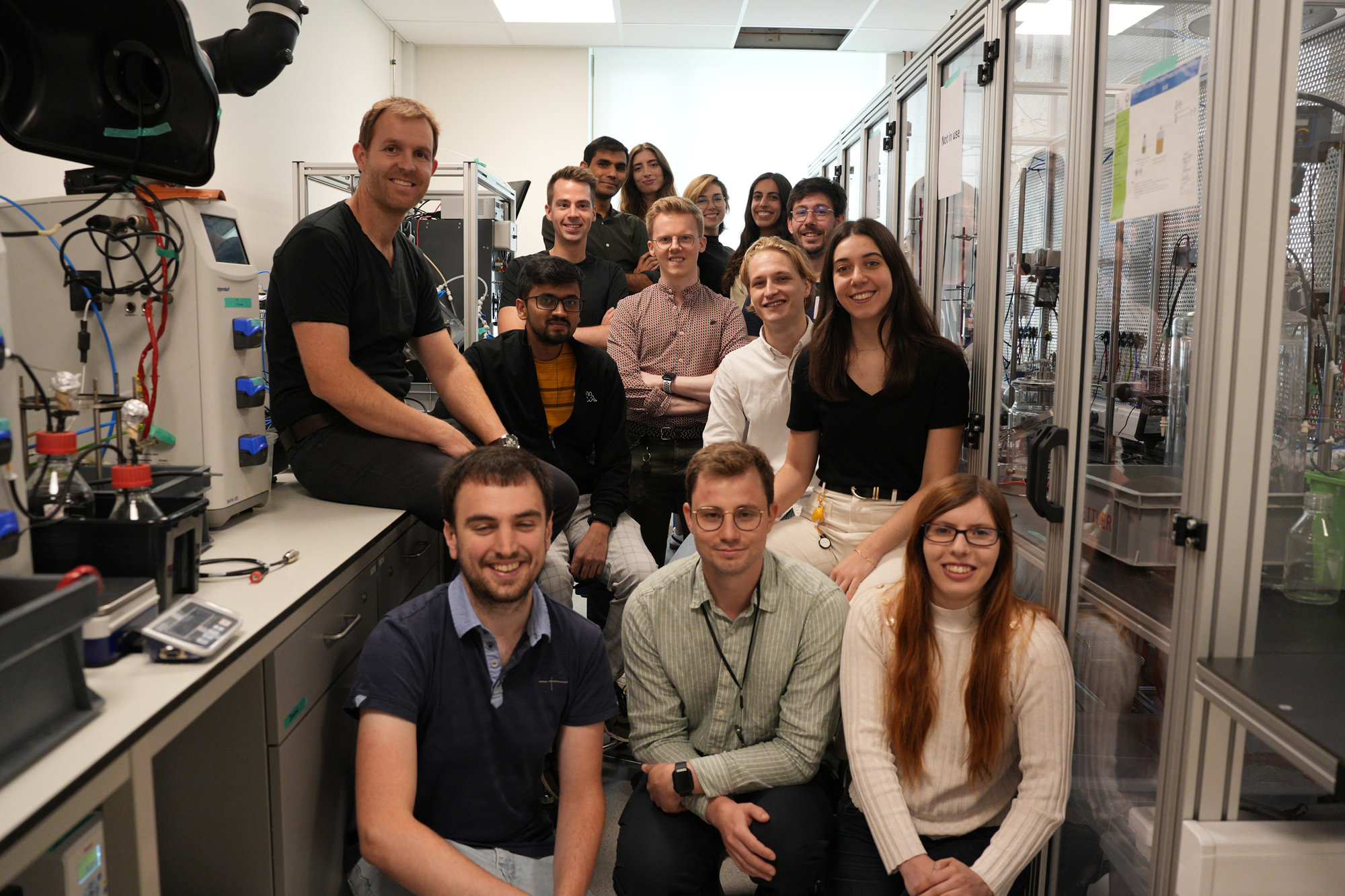
The Bioprocess Engineering for a Sustainable Society (BEASTIES) group develops novel microbial technologies to support a more sustainable, prosperous and just society. Prof. Ramon Ganigué spearheads a diverse, passionate and vibrant group of early career researchers (ca. 5 postdocs, 10 PhD students) who are leading the charge on biotechnology for sustainability, supported by fundamental & applied national (FWO, VLAIO) and international (EU project, ESA) projects.
The BEASTIES group tackles the challenge of developing novel bioprocess by integrated and multidisciplinary top-down and bottom-up community engineering approaches. Through deeper understanding of microbial physiology & metabolism and the comprehension of microbial interactions, the group strives to engineer better bioprocesses. In parallel, it also considers how choices in bioprocess design impact the ecology and microbial functions. The group works at the interface of the classic grey and white biotechnology branches, and draws from both domains to deal with societal challenges. This branch-agnostic approach ensures for breakthroughs and deeper insights that propel the field forward.
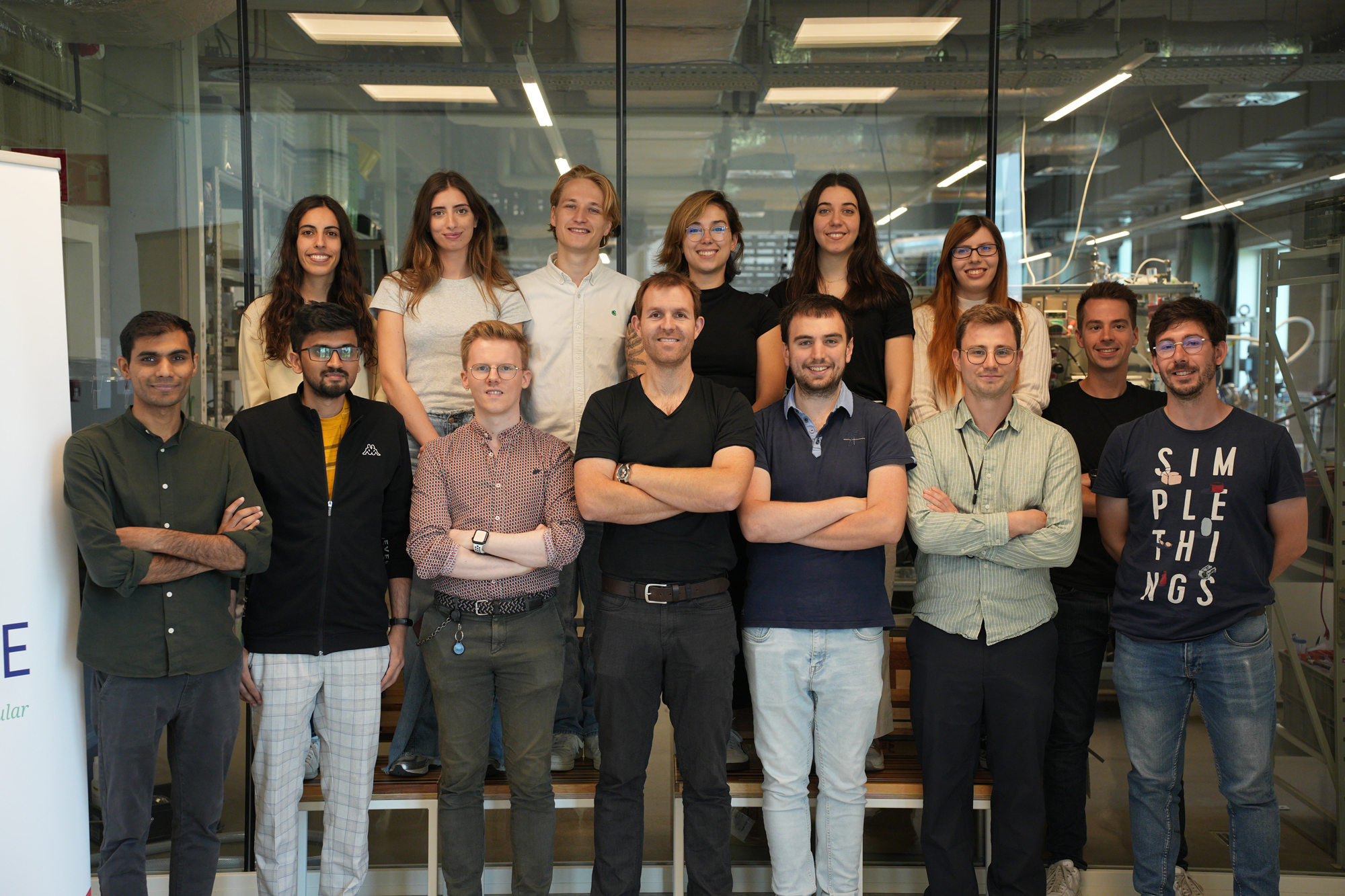
Besides, the group has a strong commitment to education, training and personal growth. BEASTIES contributes to several Ghent University courses, such as “Resource Recovery Technology”, “Technology for the Circular Economy” and “Bioresource recovery processes & engineering: case studies”, which every year educate ca. 300 students on topics related to the principles & engineering of microbial technologies for resource recovery. The group hosts every year 5-10 MSc students and international interns, who are trained through research-based instruction. Finally, the group supports open education and has for instance been involved in the creation of several MOOC modules on bioconversions, and contributed to the IWA award-winning open textbook “Resource Recovery from Water: Principles and Application”.
Through excellent & rigorous curiosity-driven science and by training the next generations of biotechnologists and bioengineers, the group strives to contribute towards a more sustainable future.
Research Projects
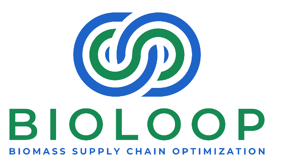
BIOLOOP
The BIOLOOP project aims to strengthen the connection between supply and demand, paving the way for high-value bio-based applications across a wide range of industries. By leveraging Flanders’ strategic position as a central logistics hub, the project seeks to position the region as a leader in the bioeconomy.

ManuREfinery
In ManuREfinery, we are producing caproic acid oil from grass, fertilized with recovered nutrients.
MICRO4BIOGAS
In MICRO4BIOGAS we characterize and select the best microbial strains and consortia to optimize biogas production
Our aim is to boost the biogas sector in Europe by increasing the yield, speed, quality and reproducibility of biogas production. For this purpose, we will develop highly efficient microbial consortia based on strains that naturally inhabit anaerobic digesters. With our novel approach we hope to consolidate this renewable energy as an environmentally, politically, and economically viable option.
Agriloop
In Agriloop, we convert agricultural residues into selected mixtures of carboxylic acids. Our research integrates fundamental understanding of anaerobic fermentations with bioprocess optimization.
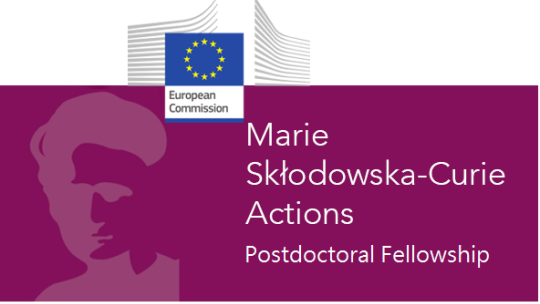
Waste2Ethanol
In Waste2Ethanol, we study the metabolic interactions between yeasts and lactic acid bacteria to develop a mixed culture bioprocess to produce ethanol from food waste.
Related news
-
2/12: Public defence of the doctoral dissertation of Eng. Brecht Delmoitié
The title of the doctoral dissertation is “Cheese whey permeate as a feedstock for microbial protein: from process development to techno-economic and environmental assessment” The public defence will take place on Tuesday 2 December 2025 at 17:00 in the Auditorium E2 at Campus Coupure, Coupure Links 653, 9000 Gent A short abstract of the doctoral […]
-
Three new FWO mandates starting at CMET
Hannah De Sutter Aquaculture loses billions annually due to bacterial diseases, with Vibrio species from the Harveyi clade among the most harmful pathogens. As antibiotics resistance increases, alternative approaches are being investigated, including antivirulence therapy: a strategy that disarms pathogens instead of killing them. My research focuses on the ToxR regulon, a virulence regulatory system in Vibrio spp. By using small-molecule […]
